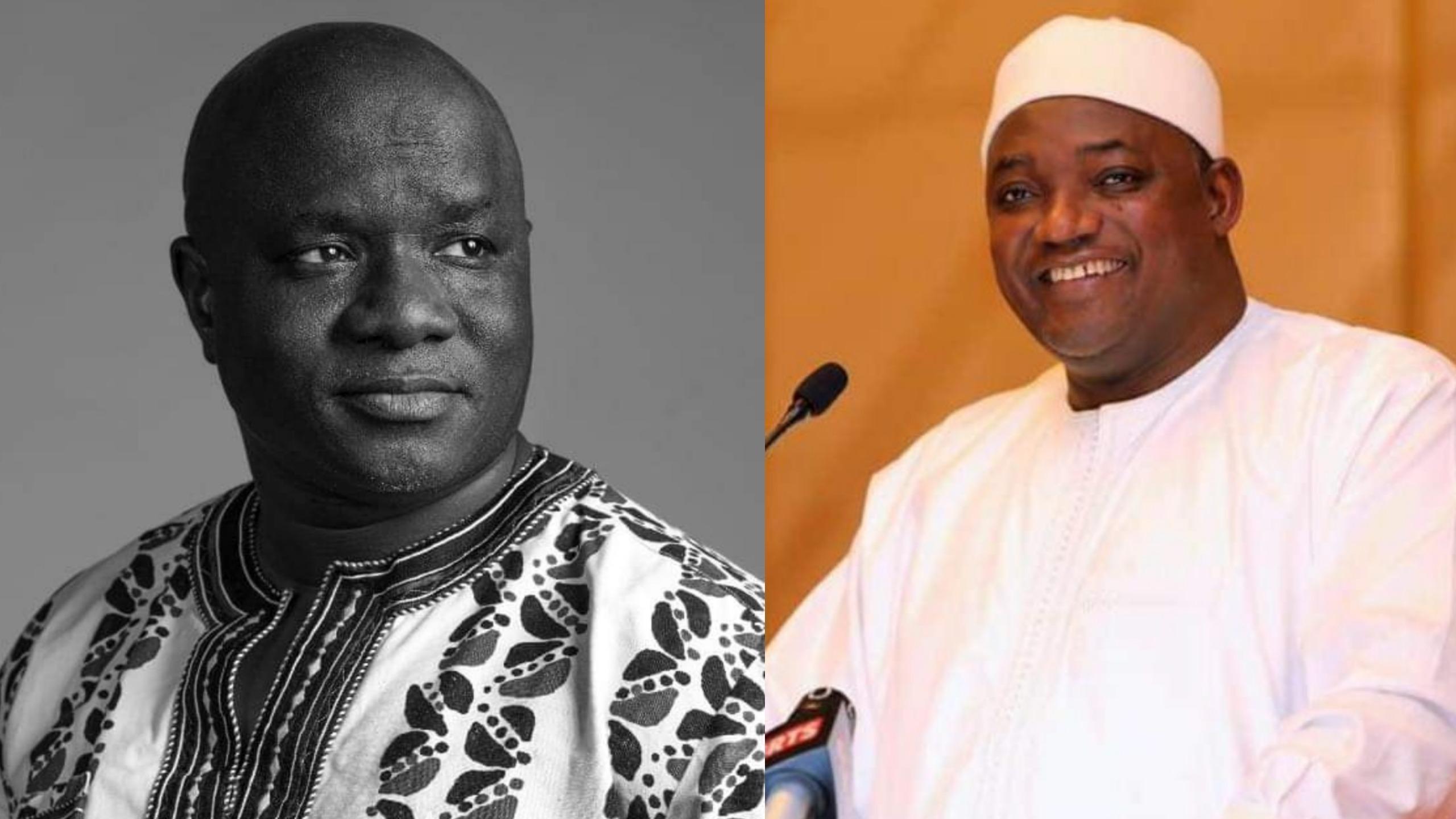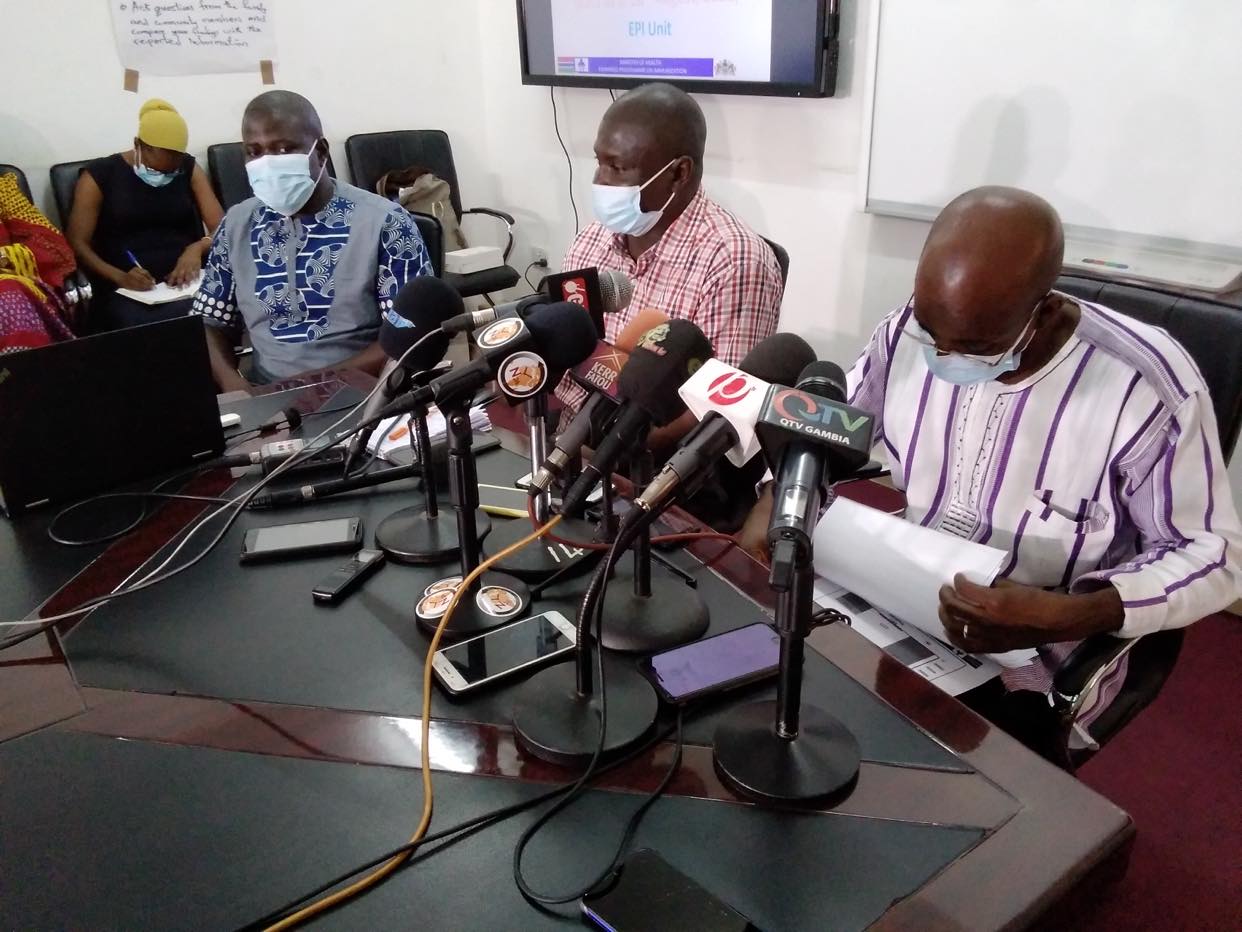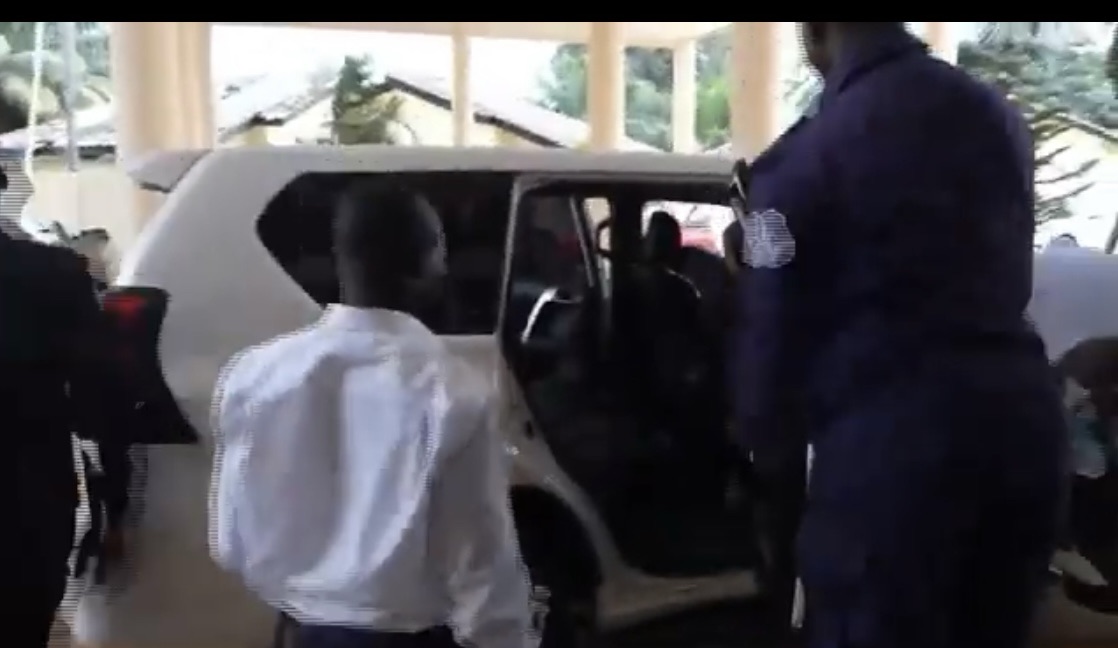By Yunus S Saliu
In his 2022 Eid-il-Fitr (Koriteh) speech, the Gambian president, Adama Barrow, negatively spoke about renowned human rights activist Madi Jobarteh. Days and weeks followed his Koriteh remark, president received wide condemnation for intimidating Madi, a former journalist currently one of the top human rights activists in the country.
While the condemnations of President Barrow’s attack was applauded in the country and beyond, media personnel in particular need to be more vigilant as many journalists have been and might still be intimidated off records.
Even if the Jammeh and Barrow regimes are not comparable, there is continuity of The Gambia’s draconian laws overlooking activities of the country’s media fraternity, and these need to be changed. During the 2016 of the Presidential election campaign, Alagie Manka of the State of Mic was arrested, and Yunus S Saliu of the Daily Observer newspaper was arrested, too, for taking pictures, while Momodou Jallow and Modou Bajan of Gambia Radio and Television Services (GRTS) who were on duty during the nomination of Adama Barrow were intimidated.
There is no need to belabor on the underreported or unreported incidences of intimidation and other forms of attacks on media practitioners and others such as Madi Jobarteh, but this is happening in the present day The Gambia. It is imminent at both print and electronic media outlets in the country, even on the only national radio and television where it is taboo to speak to the media regardless of such and other predicaments of staff of the national broadcaster.
Although attacks on media practitioners were no secret in the Jammeh era, with the killing of veteran journalist Deyda Hydara and the forced disappearance of Chief Manneh to name a few, the Barrow Administration brought about a better landscape in this regard, but this is not all gold.
Aside from the country’s number one citizen’s unfortunate Koriteh statement, many senior government officials, as such as the former governor in one of the Regions in the country, he verbally and almost physically attacked a GRTS reporter, Modou Bajan, while on coverage of distribution of the Government of the Gambia’s COVID-19 food relief package in the region. He argued that Bajan should not have interviewed Haruna Barry of the opposition Gambia Democratic Congress (GDC), also the vice-chairman of Janjanbureh Area Council and the councilor of Kudang Ward where the incident occurred.
However, as the Gambian leader will continue making speeches as long as he occupies the State House at Number 1 Marina Parade, the cabinet members, permanent secretaries, directors, and other politicians will continue making speeches. Therefore, journalists, and activists alike cannot afford to be at the risky receiving end of attacks and intimidation from government officials. From the Gambia Press Union to civil society organizations and media houses, the attacks of journalists by public servants, in particular, need more attention for redress.





